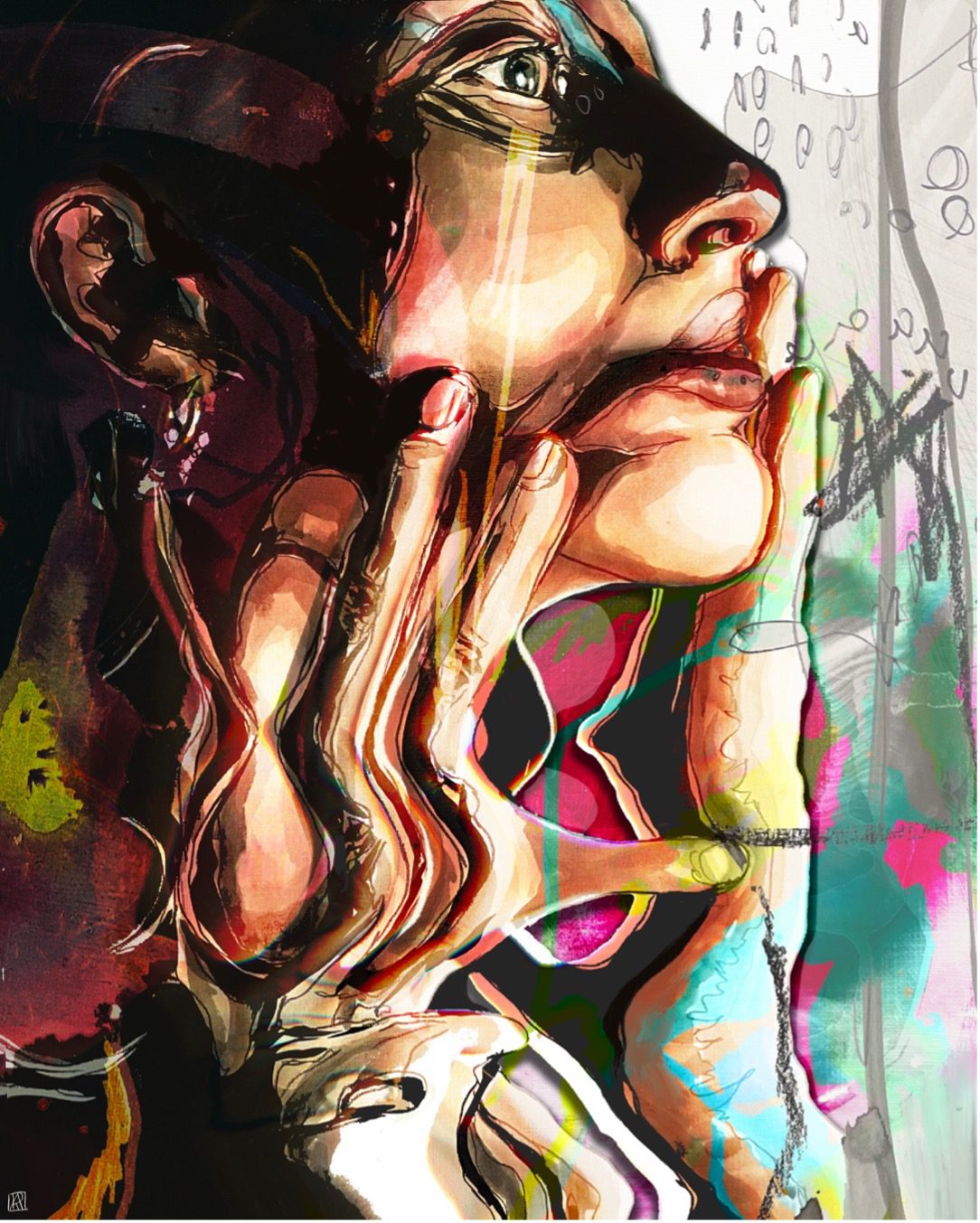Social media has a major influence on public perception of musicians and influencers. Musicians use platforms like Instagram and Twitter to connect with fans and promote their music, while influencers rely on social media to build their personal brand and monetize their content through sponsorships. However, the constant pressure to create content and maintain a perfect image can have negative effects on mental health for both groups. Despite the benefits of reaching a wider audience and connecting with fans in real-time, individuals in the entertainment industry must prioritize their well-being while navigating the challenges of social media.
Musicians vs. Influencers: Exploring the Impact of Social Media on Public Perception
Introduction
Social media has become an integral part of our daily lives, shaping our perceptions and opinions about various individuals and industries. In this article, we will explore the impact of social media on public perception, specifically focusing on musicians and influencers.
Musicians
Musicians have been using social media platforms such as Instagram, Twitter, and TikTok to connect with their fans and promote their music. Through these platforms, musicians can share updates about their latest projects, behind-the-scenes glimpses into their lives, and interact with their followers.
Positive Aspects
One of the positive aspects of social media for musicians is the ability to reach a wider audience and connect with fans in real-time. Musicians can use social media to promote their music, announce tour dates, and engage with fans through live Q&A sessions or virtual concerts.
Negative Aspects
However, social media can also have its drawbacks for musicians. The pressure to constantly create content and maintain an active presence on multiple platforms can be overwhelming and time-consuming. Additionally, negative comments or backlash from followers can impact a musician’s mental health and self-esteem.
Influencers
Influencers, on the other hand, have built their careers and personal brands solely through social media. They have a large following of loyal fans who look to them for fashion, beauty, lifestyle, and product recommendations. Influencers use platforms like Instagram, YouTube, and Snapchat to showcase their daily lives, collaborations with brands, and sponsored content.
Positive Aspects
One of the advantages of social media for influencers is the ability to monetize their content through brand partnerships, sponsored posts, and affiliate marketing. Influencers can also use social media as a platform to advocate for social causes, raise awareness about important issues, and connect with like-minded individuals.
Negative Aspects
However, influencers are also susceptible to criticism, cancel culture, and scrutiny from their followers. They need to constantly curate their online persona and image to maintain their following and brand partnerships. The pressure to portray a perfect and aspirational lifestyle can lead to feelings of insecurity and anxiety.
Conclusion
In conclusion, social media has a significant impact on public perception, shaping the way we view musicians and influencers. While social media provides a platform for artists to connect with fans and influencers to build their personal brands, it also comes with its challenges and negative aspects. It is essential for individuals in the entertainment industry to navigate social media mindfully and prioritize their mental health and well-being.
